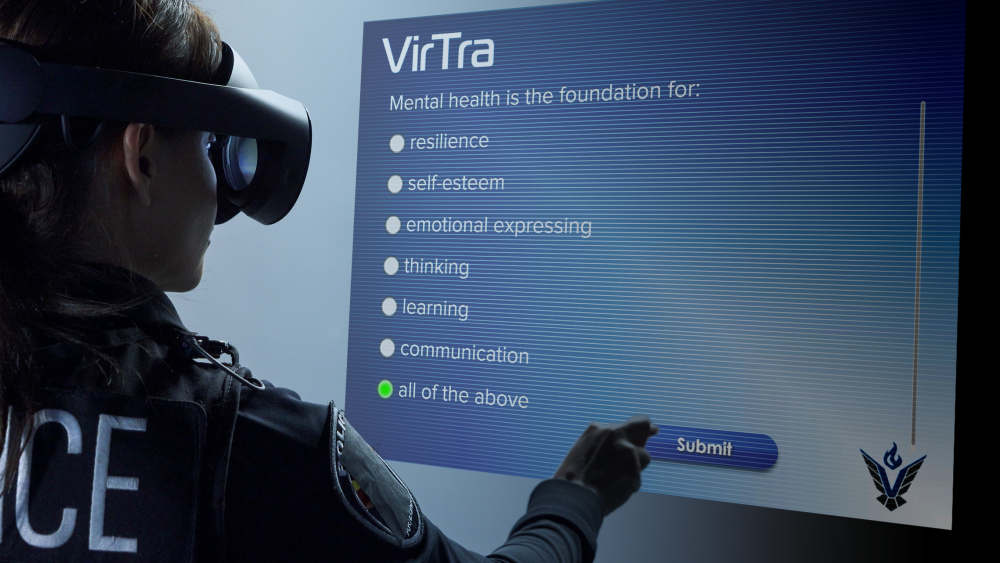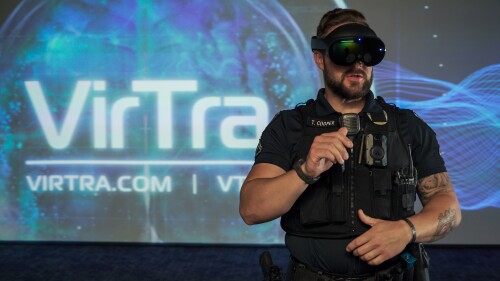Quick judgments after a use-of-force incident are common. Today, these judgments are shared widely on social media and get picked up by traditional news outlets. The public (and sometimes social media bots) raises questions about who is at fault and expresses concerns about accountability, and fear of reprisals often looms.
The most prominent case on use of force (UOF) is the 1989 Supreme Court decision in Graham vs. Connor, in which the court ruled that force must be “objectively reasonable.” However, “the calculus of reasonableness must … allow for the fact that police officers are often forced to make split-second judgments – in circumstances that are tense, uncertain, and rapidly evolving – about the amount of force that is necessary in a particular situation.” The court further stated that, “The reasonableness of a particular use of force must be judged from the perspective of a reasonable officer on the scene, rather than with the 20/20 vision of hindsight.”
Unfortunately, public perception and the realities of the situation are often far apart because there is often more to stories than meets the eye. When a UOF incident occurs, some citizens are quick to vilify police and sympathize with the suspect even evidence if supports that UOF was justified. But what if there was a way to mitigate some of the knee-jerk negativity about UOF incidents?
Scenario-based training can be used in community-based policing to educate community leaders and UOF review commissions and help them understand in a visceral way the challenges in making split-second decisions, as this community activist discovered.
Here are some ways to bring the community into the UOF conversation.
Option 1: UOF open house
The idea of police departments hosting an open house is not new. Agencies across the United States commonly host open houses, whether it’s to discuss recent crimes in an area or to provide tours of the facility and/or mini-educational sessions about the components of policing. Using the idea of an open house as the foundation, why not host a half- or full-day event that centers on policing operations and tactics with the focus being UOF? The event can look something like this:
● 0900: Welcome and introductions (with coffee and donuts)
● 0930: Classroom instruction about UOF
● 1000: Breakout group 1: Tour of the facility
● 1000: Breakout group 2: UOF simulation training
● 1100: Breakout group 1: UOF simulation training
● 1100: Breakout group 2: Tour of the facility
● 1200: Closing remarks and questions
● 1230: Adjourn
The classroom instruction can include discussions about how officers are trained to make critical decisions, show videos of UOF training that officers receive, offer handouts about UOF, discuss court cases like Graham vs. Connor, and share leading practices and evidence-based research about UOF.
For the UOF simulation training portion, instructors can use the training systems to simulate various scenarios in which an officer will be subjected to immediate UOF decision-making. The UOF scenarios can be prescriptive or customized based on the trainee’s response and de-escalation techniques. Like real-world encounters, the trainee does not know how the subject will act – it will be unpredictable. Instructors can modify the virtual training exercise based on the trainee’s response.
Option 2: UOF citizen police academy
Citizen police academies have been around for years. They are generally designed to include the major operations of a police department like patrol, crime scene investigations, K-9 units, SWAT and other units. The idea of a UOF citizen police academy can go a couple of different routes. One idea is to create a citizen police academy specific to UOF that meets once or twice a week over a period of time and includes a combination of classroom instruction and simulation training exercises. Another option is to add UOF as a part of the curriculum of an existing citizen police academy in which the students receive classroom instruction and participate in a simulation training exercise.
Option 3: UOF awareness campaign
Awareness campaigns are common in the United States. One national example is the, “run, hide, fight” campaign, which teaches the public what to do during an active shooter event. Another example is the “Blue Campaign,” which is designed to educate the public, law enforcement and others about how to identify human trafficking. Then there is also the International Association of Chiefs of Police “Trust Building Campaign” which includes UOF as a key element.
In addition, police departments can create infographics, YouTube videos and posters about UOF and share them on social media as part of an educational campaign. It is also recommended that officers should set aside time to meet with community members and visit schools for any campaign they launch. Not only is this helpful in building trust and transparency, but it gives community members the opportunity to discuss UOF and ask questions.
BUILD AWARENESS, TRUST AND TRANSPARENCY
Giving the public the opportunity to experience simulation training will help bridge the knowledge gap so community members can better understand the challenges officers face in UOF situations and help build trust between law enforcement officers and the communities they serve.





